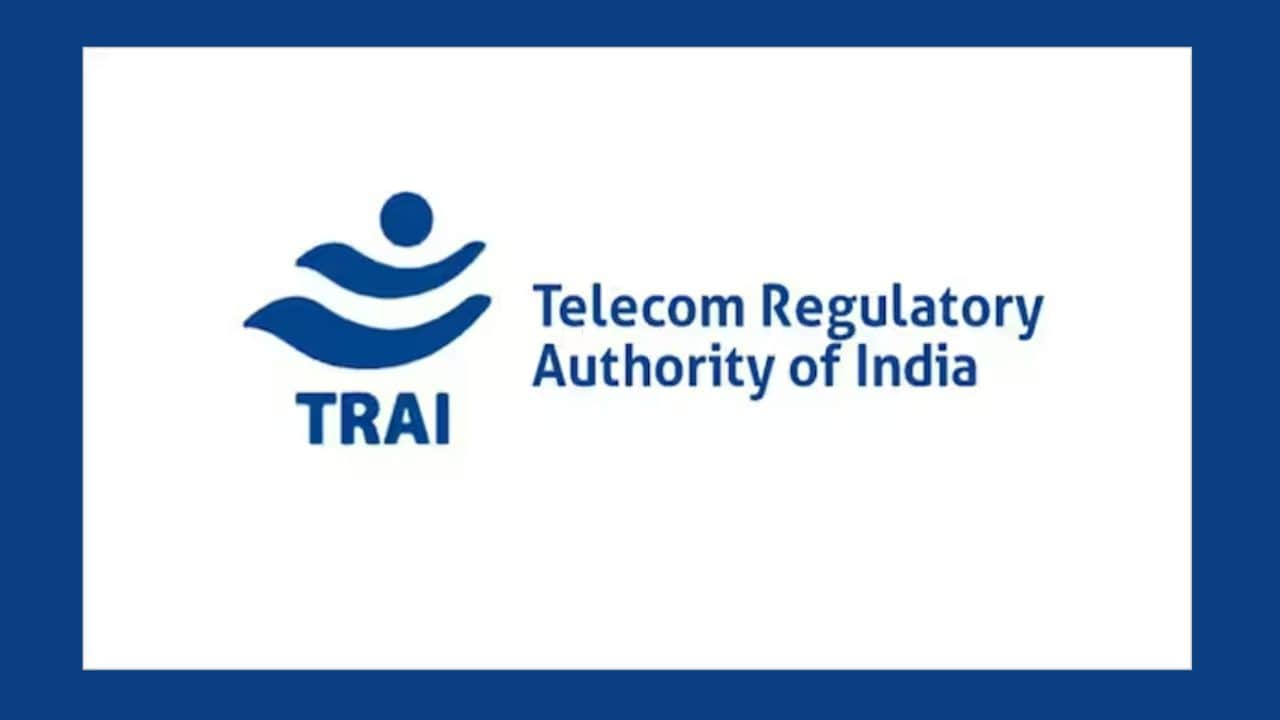The Telecom Regulatory Authority of India (TRAI) has released the consultation paper on ‘Regulatory framework for Ground-based Broadcasters’. The consultation paper has been released for seeking comments from stakeholders.
The Guidelines issued by the MIB over time for the uplinking and downlinking of satellite television channels in India outline the terms and conditions for TV broadcasting services, requiring broadcasters to use satellite methods for delivering their channels to Distribution Platform Operators (DPOs). With advancements in technology, broadcasters can also transmit their channels terrestrially using ground-based methods.
Similar to satellite channels, these terrestrially transmitted channels can be offered on multiple DPO networks at once, allowing DPOs to retransmit them to subscribers under commercial agreements. Therefore, there is a necessity for a regulatory framework that accommodates the use of ground-based technologies.
TRAI had even forwarded its recommendations on Regulatory Framework for Platform Services to MIB on November 19, 2014, which included certain recommendations related to ‘Regulatory framework for Ground-based broadcasters’. In this context, the MIB, in a letter dated May 22, 2024, indicated that the recommendations concerning the regulation of platform services have been reviewed and guidelines were issued with the approval of the Competent Authority on November 30, 2022.
The MIB also noted that during the assessment of TRAI’s recommendations for Ground-Based Broadcasters, it became evident that the circumstances surrounding TRAI’s 2014 recommendations might have changed, necessitating a fresh examination. In the letter, the MIB has asked TRAI to conduct a new review and provide recommendations on a ‘Regulatory Framework for Ground-Based Broadcasters’ in accordance with Section 11(1)(a) of the TRAI Act, 1997.
Also Read: SC dismisses plea seeking regulatory body for OTT platforms
As per TRAI, the consultation paper may be accessed on TRAI’s website. Additionally, written comments on the consultation paper are invited from the stakeholders by November 15,2024 while counter comments can be submitted by November 29,2024.
